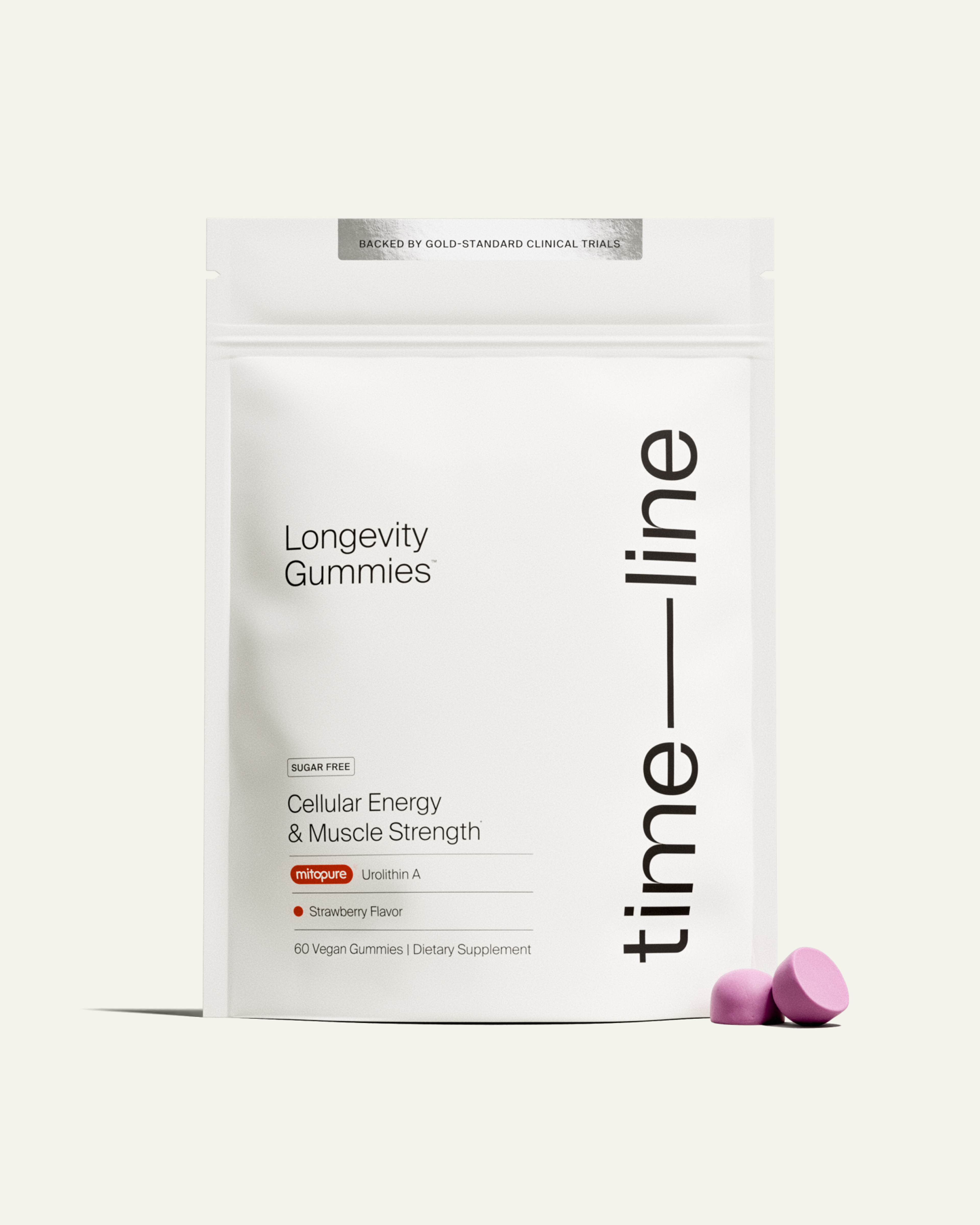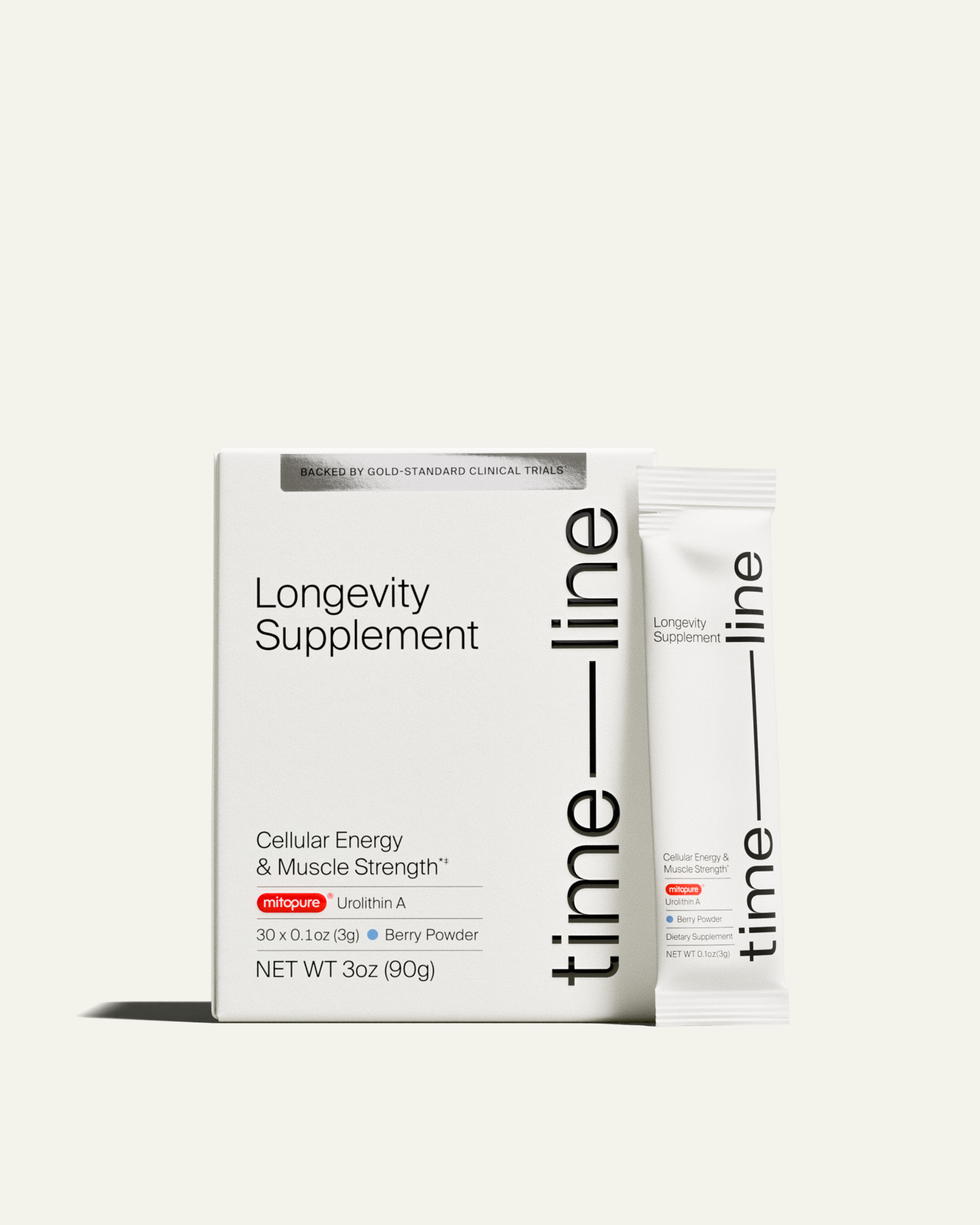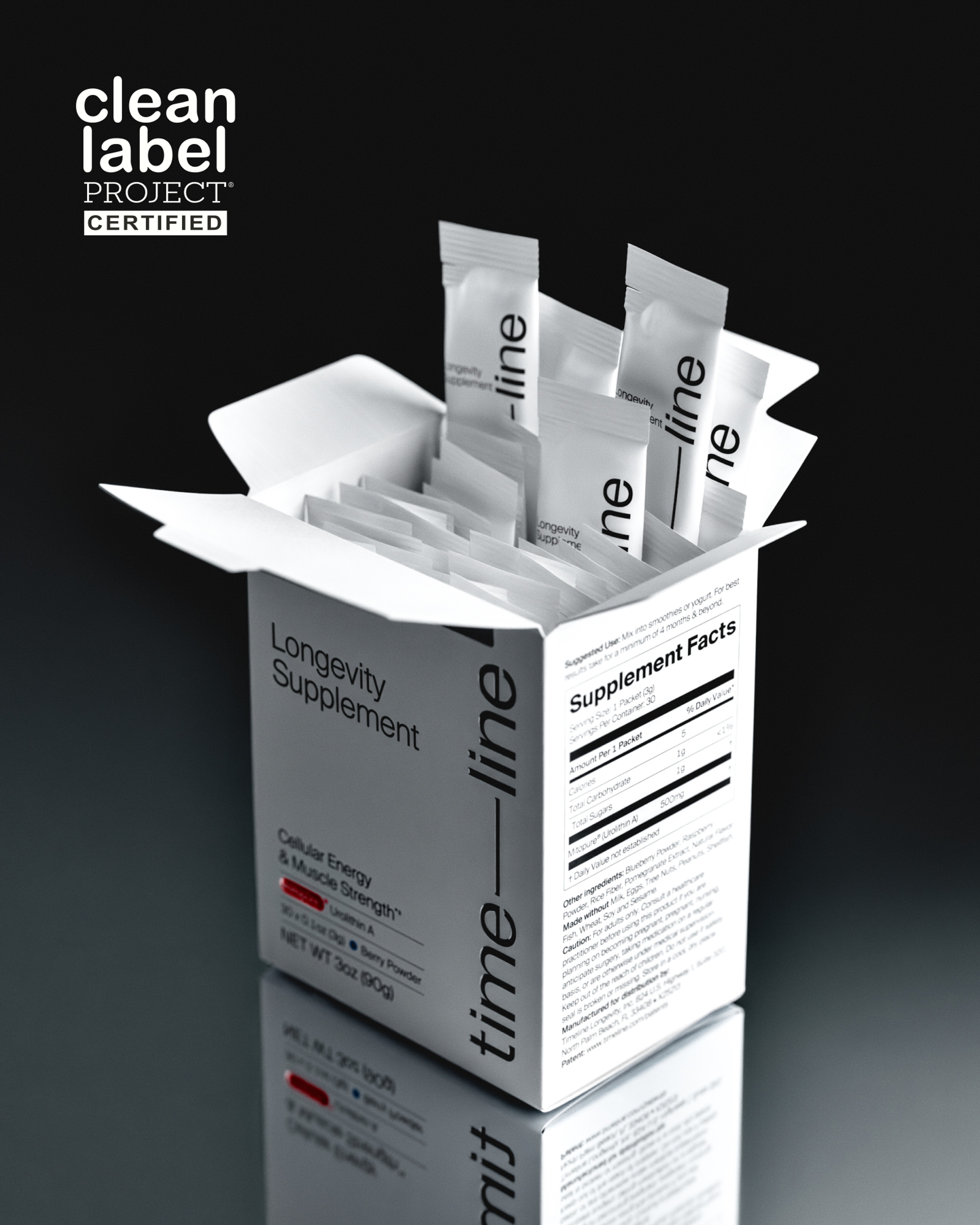Sweet Trouble: Sugar Accelerates Aging and Impacts Health
Sweet trouble: discover how sugar accelerates aging and affects your health. Understand the hidden dangers of excess sugar intake.
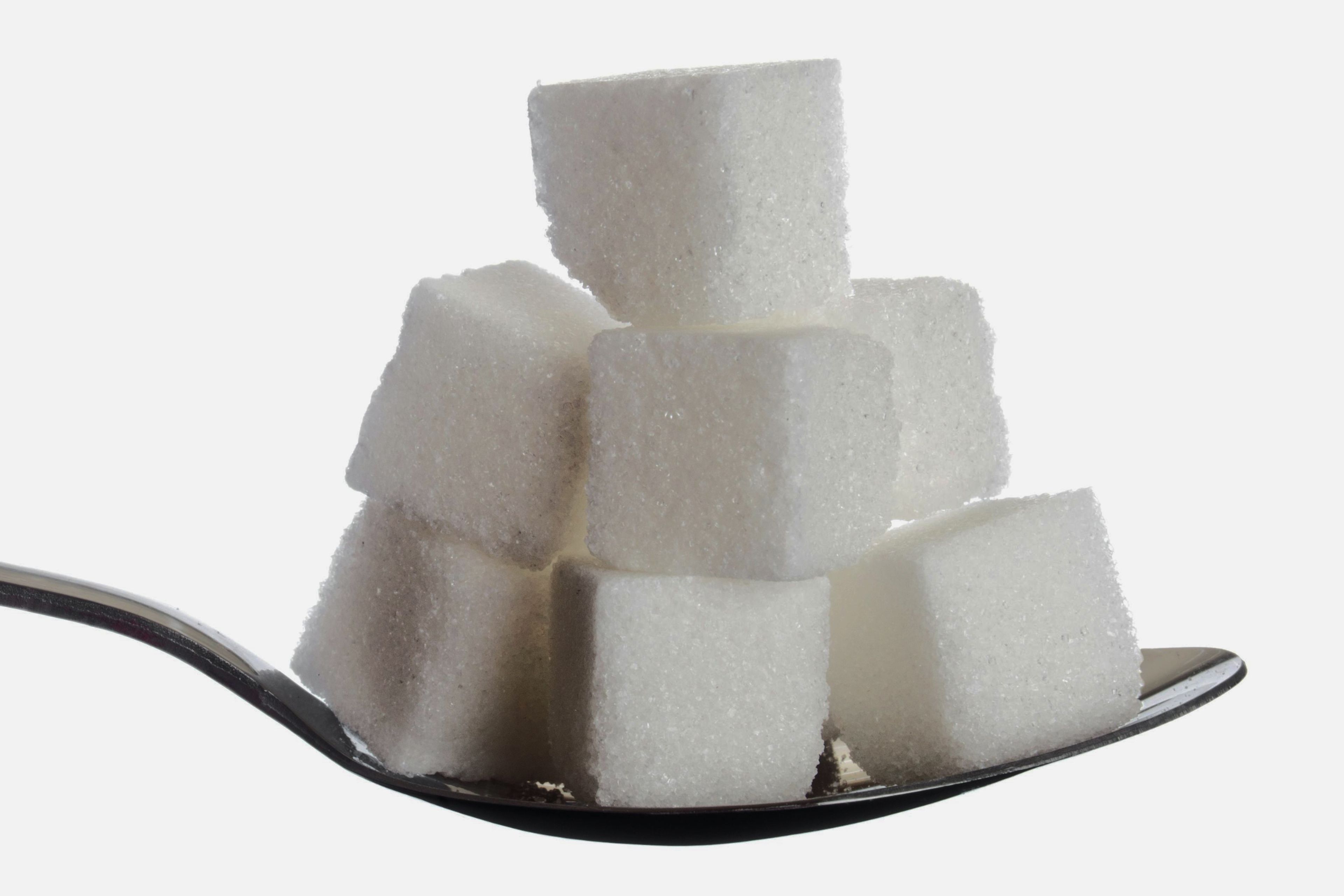
What to know
Excess consumption of sugar may negatively impact health and the aging process.
Sugar is involved in the formation of Advanced Glycation End Products (AGEs), which are linked to the development of chronic conditions.
Excess sugar may also promote oxidative stress and inflammation, which accelerate the aging process.
Other effects of excess sugar include accelerated skin aging and disruption in metabolic health.
Reducing intake of added sugars, eating a balanced diet, and exercising regularly are important for healthy aging.
Sugar might be sweet, but its effects on aging are anything but. While we often associate sugar with indulgence and quick energy, the hidden consequences of excessive sugar consumption could be speeding up the clock on your biological aging. From triggering wrinkles to contributing to chronic diseases, sugar's role in the aging process goes beyond just empty calories and weight gain.
In this blog, we'll uncover the science behind how sugar impacts your body at a cellular level and why cutting back might just be the key to staying healthier longer.
Not all Sugar is Created Equally
Most of us think of sugar as the white, crystalline, sticky-sweet table sugar, syrups, and variations we find in our desserts and processed treats. While this is true, sugar also occurs naturally in fruits, vegetables, and even in dairy products.
It’s important to know that not all sugars are created equal, and the way they are metabolized in the body varies. Added sugars, the kind found in processed foods and sweets, are quickly absorbed into the bloodstream, causing rapid spikes in blood sugar levels.
On the other hand, naturally occurring sugars in whole foods like fruits and vegetables are accompanied by fiber, which slows down their absorption, resulting in a gradual rise in blood sugar and offering sustained energy with fewer harmful effects.
Most of the health concerns associated with sugar come with overeating added sugars, so let’s dive into the risks.
Metabolic Health and Longevity
Perhaps the most well-known risk of eating eating too much sugar is its impact on metabolic health. When you eat foods high in sugar, they are quickly broken down into glucose, which enters your bloodstream and raises your blood sugar level. In response, your pancreas releases insulin, a hormone that helps shuttle glucose into your cells for energy or storage.
Consistently high sugar intake, particularly from sources like high-fructose syrup found in processed foods and sweetened beverages, can impair insulin sensitivity and lead to metabolic dysfunction. When excess sugar is consumed alongside excess calories, it compounds the problem, accelerating aging processes and increasing the risk of developing age-related diseases such as type 2 diabetes, cardiovascular disease, and obesity. This metabolic disruption affects the body's ability to regulate energy and maintain overall health, contributing to long-term complications.[1]
Additionally, high sugar intake also contributes to weight gain, particularly in the form of visceral fat—the fat stored around vital organs. Visceral fat has been linked to increased risks of metabolic syndrome, diabetes, and cardiovascular disease.[2]
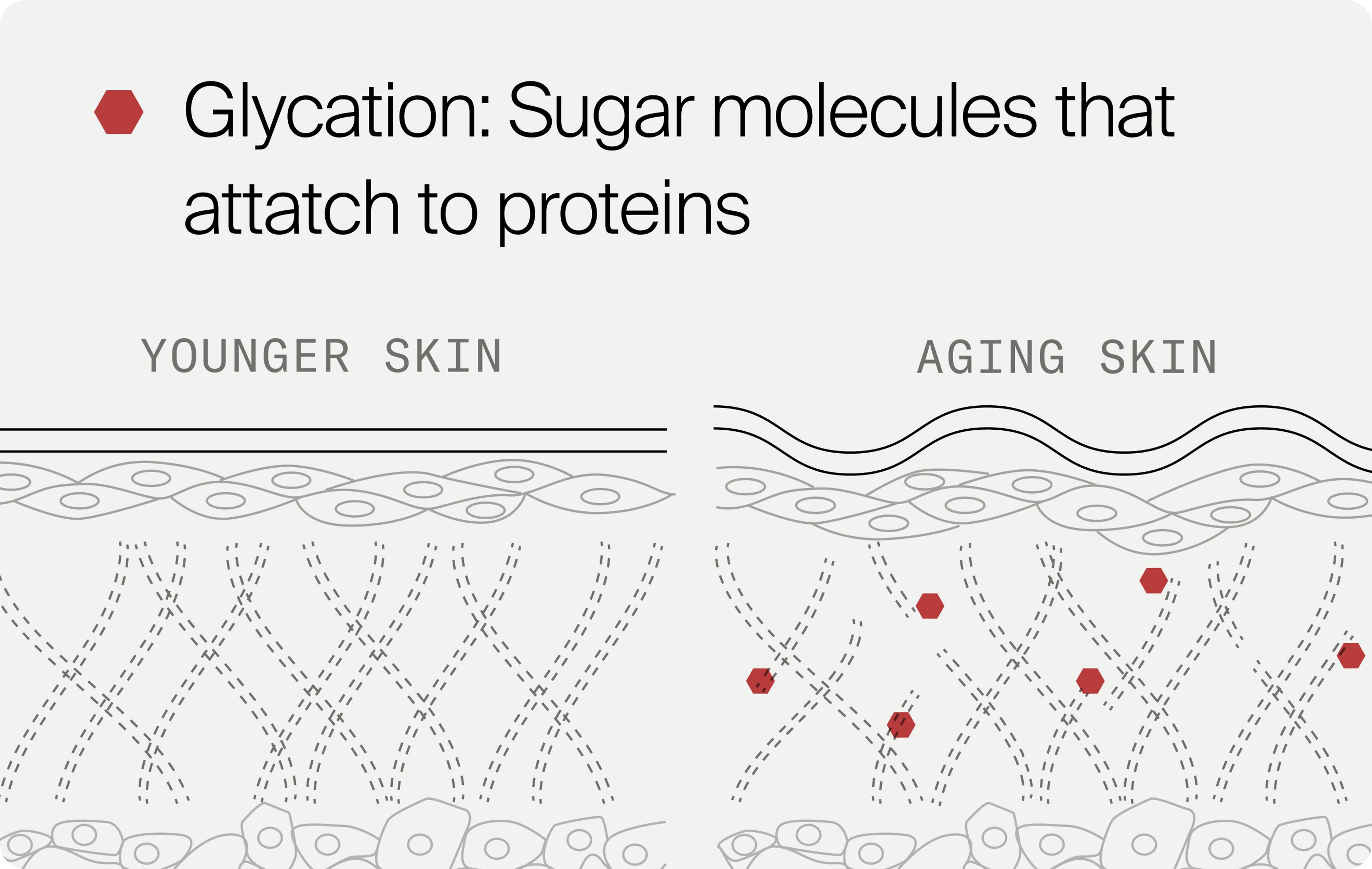
Glycation: The Sticky Science of Sugar and Aging
Sugar’s role in aging is far wider than its impact on blood sugar levels and weight gain. Sugar forms harmful compounds that can damage cells and contribute to chronic disease. Through a process called glycation, sugar molecules bind to protein and fats, forming Advanced Glycation End Products (AGEs). These AGEs naturally build up in the body with age and have been linked to the development of everything from wrinkle formation in the skin to heart and neurological disease.[3]
We are exposed to AGEs not only from internal processes but also daily through our diet and environment. Processed and fried meats and foods cooked at high temperatures tend to be the highest dietary sources of these harmful compounds[5]. Smoking, UV light, and other environmental toxins provide us with AGES that are particularly harmful to our skin.[4]
AGEs have been found to promote inflammation and cell death, which may be how they contribute to the development of disease. And with disease, the body is less able to break down these compounds, so they may accumulate in the body.
These compounds may affect the body’s organs, including the heart, kidneys, brain, and skin. AGEs have been linked to several chronic conditions.
Sugar and Oxidative Stress
Oxidative stress is an imbalance between the production and accumulation of compounds called reactive oxygen species (ROS). Excess dietary sugar has been implicated in the development of ROS, which can lead to inflammation and cellular damage. A clear link has been established between high-sugar diets, inflammation, and the development of age-related chronic conditions like heart disease, diabetes, and autoimmune diseases.[6]

Inflammation: Sugar’s Role in Chronic Inflammation
Excess sugar consumption may also trigger chronic low-grade inflammation in the body. This may be caused by multiple factors, including the association with obesity and increased body fat and the inflammatory molecules secreted by adipose (fat) tissue.[7]
Chronic, low-grade inflammation contributes to the aging process. The increase in inflammation with age has been termed “inflammaging.” It is a biological hallmark of aging and is associated with the development of several age-related diseases. Many factors, in addition to sugar intake, may promote inflammaging, including genetics, obesity, oxidative stress, and problems in the gut.[8]
Skin Health and Sugar: Accelerating Visible Aging
Excess sugar consumption does not just impact our internal organs. It may also negatively affect the skin, increasing wrinkles and promoting sagging and loss of radiance. Glycation plays a role here as well.
The structure and function of the skin is sensitive to the damaging effects of AGEs. [11]Accumulation of these molecules in the collagen and elastin fibers contributes to skin inflammation and the loss of skin elasticity often seen in skin aging. [10]The result is visible signs of aging. AGES may also make the skin more susceptible to infection and injury, so wounds may not heal well.[9]
Both excess sugar and UV exposure contribute to the formation of AGEs and increase oxidative stress, exacerbating the aging process.[12]
How to Reduce Sugar in the Diet
While the damaging effects of sugar on health may seem alarming, there are several ways to cut down on sugar consumption. Here are a few easy ways to reduce the amount of sugar in your diet:
Read food labels. Sugar often hides in unexpected foods, and the best way to spot it is by carefully reading food labels. Tomato sauces, sliced sandwich bread, and flavored yogurt are some surprising sources of added sugars. Be mindful of terms like high-fructose corn syrup, cane sugar, and dextrose, which all signify added sugars.
Cut back on sugar-sweetened beverages. In the US, one of the leading sources of sugar in the diet comes from sugar-sweetened beverages. [13]Replacing sodas, sweetened teas, and juices with water, sparkling water, or calorie-free beverages can make a huge impact on total sugar intake.
Limit processed foods: Processed foods, especially sweets, breakfast cereals, snack bars, and desserts, are often packed with sugar. Opt for whole, unprocessed foods like fruits, vegetables, whole grains, and lean proteins to reduce sugar intake naturally.
Eat a balanced diet. Focusing on a balanced diet is another strategy that may help with sugar reduction. Eating plenty of nutrient-dense foods rich in antioxidants, fiber, and healthy fats can help mitigate the effects of sugar. Including plenty of plant-based foods is a good way to ensure a balanced diet and minimize intake of added sugar.[14]
Stay active. Exercise is an important complement to healthy eating. Regular physical activity helps regulate blood sugar levels, reduce inflammation, and promote healthy aging. The combination of aerobic and resistance training is particularly beneficial in reducing the risk of chronic disease.
Cut Back on Sugar for Better Aging
While sugar might add sweetness to our lives, its long-term effects on aging are far less appealing. From glycation and oxidative stress to chronic inflammation and metabolic dysfunction, excess sugar plays a harmful role in the aging process. By making mindful dietary choices, reducing processed sugars, and maintaining an active lifestyle, you can protect your body from the hidden dangers of sugar and age more gracefully.
Authors

Written by
Professor of Nutrition & Scientific Writer

Reviewed by
Director Science Communications
References
- ↑
Macdonald, I.A. A review of recent evidence relating to sugars, insulin resistance and diabetes. Eur J Nutr 55 (Suppl 2), 17–23 (2016). https://doi.org/10.1007/s00394-016-1340-8
- ↑
Bergman RN, Kim SP, Catalano KJ, Hsu IR, Chiu JD, Kabir M, Hucking K, Ader M. Why visceral fat is bad: mechanisms of the metabolic syndrome. Obesity (Silver Spring). 2006 Feb;14 Suppl 1:16S-19S. doi: 10.1038/oby.2006.277. PMID: 16642958.
- ↑
AGEs have been found to promote inflammation and cell death, which may be how they contribute to the development of disease. And with disease, the body is less able to break down these compounds, so they may accumulate in the body.
- ↑
Chen CY, Zhang JQ, Li L, Guo MM, He YF, Dong YM, Meng H, Yi F. Advanced Glycation End Products in the Skin: Molecular Mechanisms, Methods of Measurement, and Inhibitory Pathways. Front Med (Lausanne). 2022 May 11;9:837222. doi: 10.3389/fmed.2022.837222. PMID: 35646963; PMCID: PMC9131003.
- ↑
Bergman RN, Kim SP, Catalano KJ, Hsu IR, Chiu JD, Kabir M, Hucking K, Ader M. Why visceral fat is bad: mechanisms of the metabolic syndrome. Obesity (Silver Spring). 2006 Feb;14 Suppl 1:16S-19S. doi: 10.1038/oby.2006.277. PMID: 16642958.
- ↑
Ma X, Nan F, Liang H, Shu P, Fan X, Song X, Hou Y, Zhang D. Excessive intake of sugar: An accomplice of inflammation. Front Immunol. 2022 Aug 31;13:988481. doi: 10.3389/fimmu.2022.988481. PMID: 36119103; PMCID: PMC9471313.
- ↑
Ma X, Nan F, Liang H, Shu P, Fan X, Song X, Hou Y, Zhang D. Excessive intake of sugar: An accomplice of inflammation. Front Immunol. 2022 Aug 31;13:988481. doi: 10.3389/fimmu.2022.988481. PMID: 36119103; PMCID: PMC9471313.
- ↑
Ferrucci L, Fabbri E. Inflammageing: chronic inflammation in ageing, cardiovascular disease, and frailty. Nat Rev Cardiol. 2018 Sep;15(9):505-522. doi: 10.1038/s41569-018-0064-2. PMID: 30065258; PMCID: PMC6146930.
- ↑
Qing C. The molecular biology in wound healing & non-healing wound. Chin J Traumatol. 2017 Aug;20(4):189-193. doi: 10.1016/j.cjtee.2017.06.001. Epub 2017 Jun 30. PMID: 28712679; PMCID: PMC5555286.
- ↑
Chen CY, Zhang JQ, Li L, Guo MM, He YF, Dong YM, Meng H, Yi F. Advanced Glycation End Products in the Skin: Molecular Mechanisms, Methods of Measurement, and Inhibitory Pathways. Front Med (Lausanne). 2022 May 11;9:837222. doi: 10.3389/fmed.2022.837222. PMID: 35646963; PMCID: PMC9131003.
- ↑
Chen CY, Zhang JQ, Li L, Guo MM, He YF, Dong YM, Meng H, Yi F. Advanced Glycation End Products in the Skin: Molecular Mechanisms, Methods of Measurement, and Inhibitory Pathways. Front Med (Lausanne). 2022 May 11;9:837222. doi: 10.3389/fmed.2022.837222. PMID: 35646963; PMCID: PMC9131003.
- ↑
Draelos ZD. INDIVIDUAL ARTICLE: Sugar Sag: What Is Skin Glycation and How Do You Combat It? J Drugs Dermatol. 2024 Apr 1;23(4):SF378083s5-SF378083s10. doi: 10.36849/JDD.SF378083. PMID: 38564405.
- ↑
Get the Facts: Added Sugars. Centers for Disease Control and Prevention. Retrieved October 13, 2024, from https://www.cdc.gov/nutrition/php/data-research/added-sugars.html (https://www.google.com/url?q=https://www.cdc.gov/nutrition/php/data-research/added-sugars.html&sa=D&source=docs&ust=1729886435699876&usg=AOvVaw0MW36_mXaro_H1INTz6yWo)
- ↑
Warshaw H, Edelman SV. Practical Strategies to Help Reduce Added Sugars Consumption to Support Glycemic and Weight Management Goals. Clin Diabetes. 2021 Jan;39(1):45-56. doi: 10.2337/cd20-0034. PMID: 33551553; PMCID: PMC7839604.
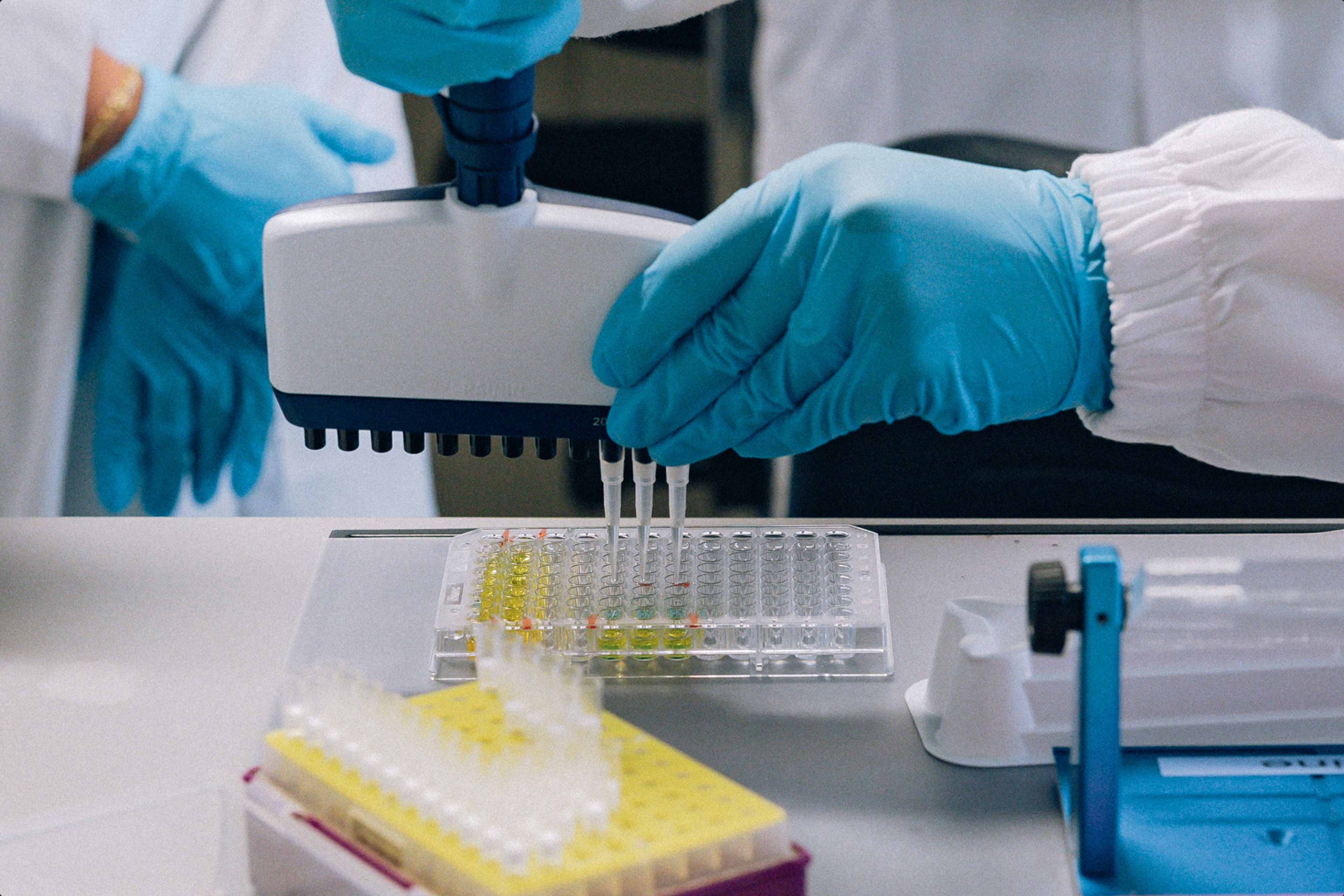
·
Nutrition·
Studies·
